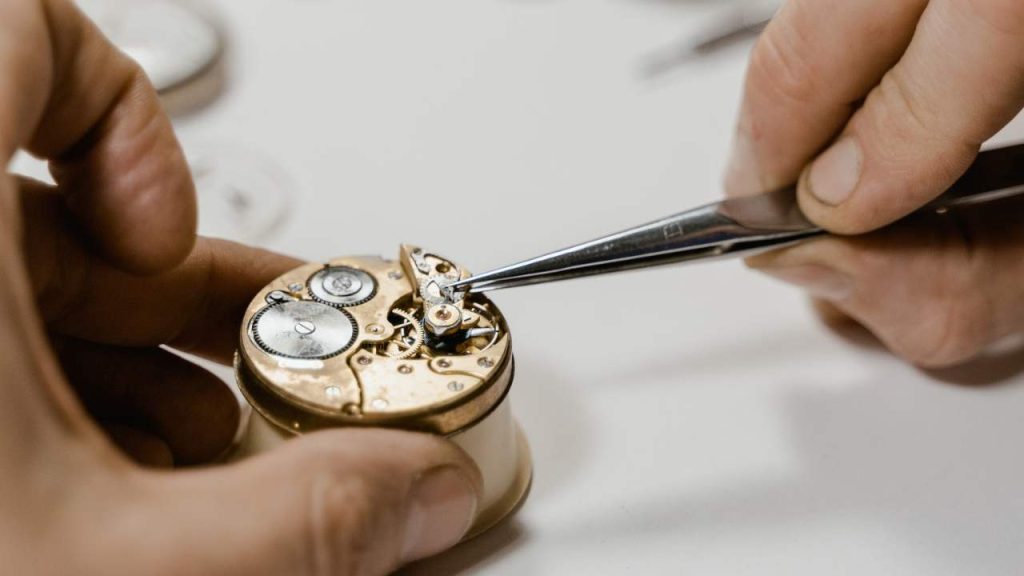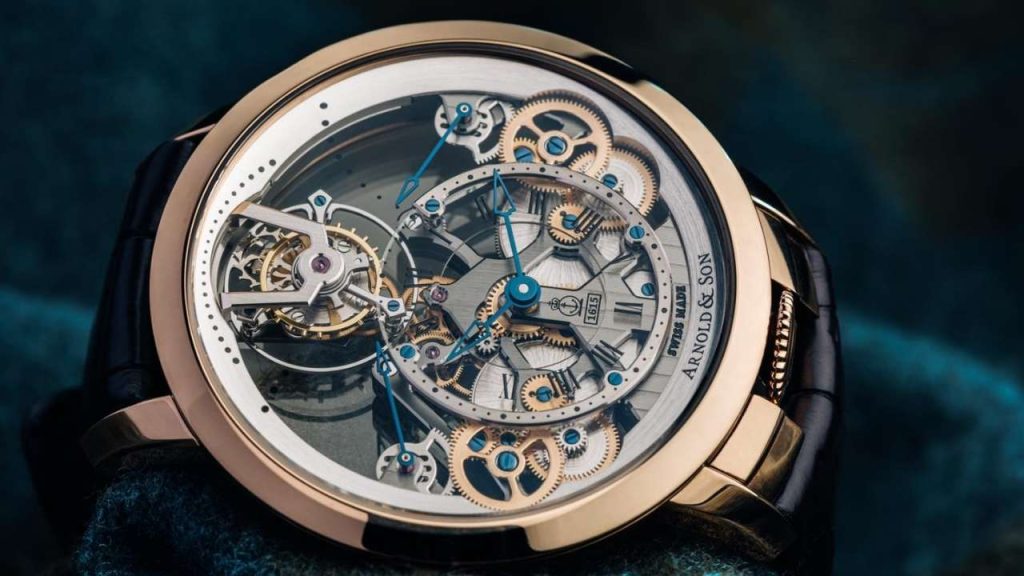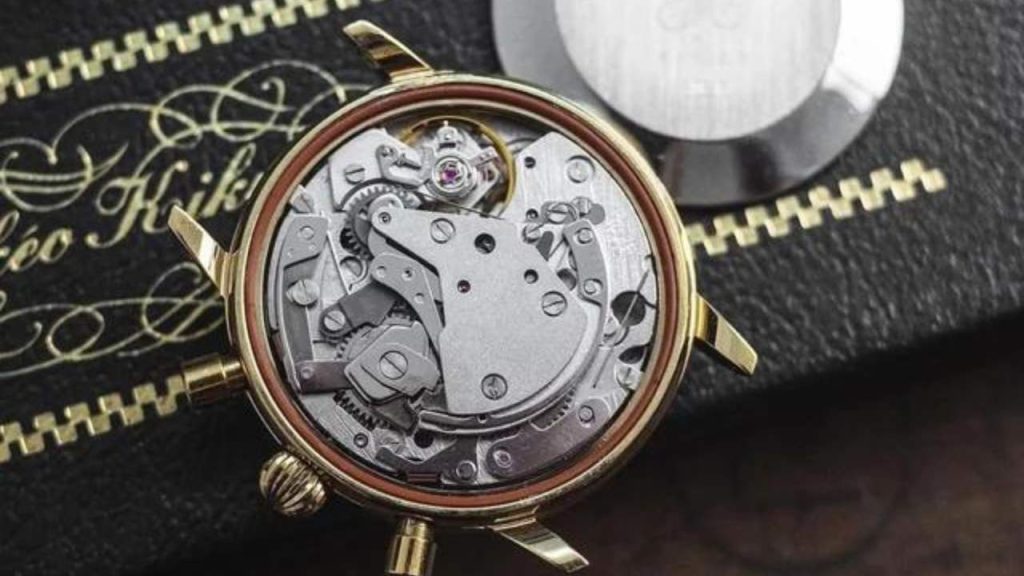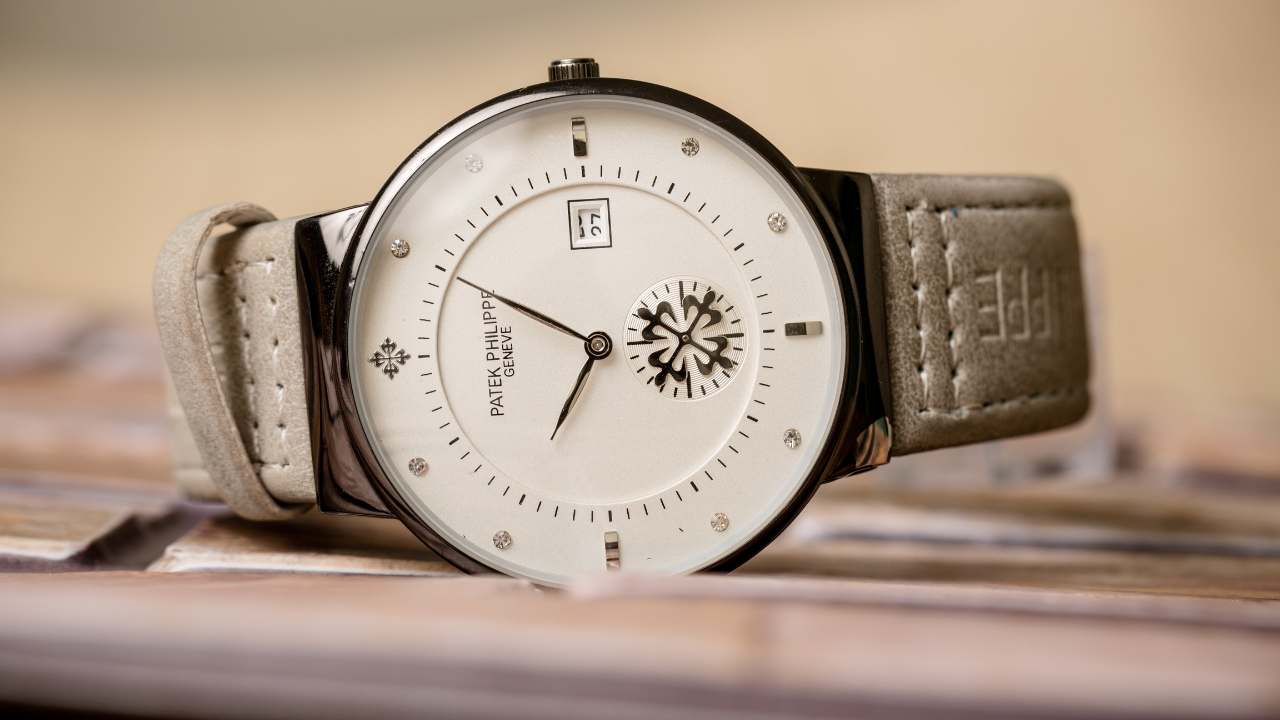Only a few things captivate a gentleman’s interest, like automatic watches.
These wonders of craftmanship echo back to the time when pocket watches were all there was.
And, watch enthusiasts wonder many questions about automatic watches. The commonest among them is “How Long Do Automatic Watches Last?”
The average lifespan of a good-quality automatic watch is 20 years. These are powered by the wearer’s movement and not a battery, the watch’s lifespan is a matter of watch quality and maintenance. Safe to say, most automatic watches last a lifetime.
Don’t forget that an automatic watch has over 130 components.
So, it’s important to understand the mechanics and subtleties of an automatic watch to determine its lifespan definitively.
Table of Contents
How Long Do Automatic Watches Last? Understanding The Dynamics
Before questioning the lifespan of automatic watches, it’s important to understand their movement.
An automatic movement has several components, including a mainspring, escapement system, balance wheel, and gear train.
The power to run these components comes from a mainspring, wound through the movement of the wearer’s wrist.

So, as long as you’re wearing the watch, the symphony of components will keep the watch working.
Automatic watches also have a power reserve mechanism that stores energy when not worn.
So, with all this, an automatic watch should theoretically last forever.
However, that’s not always the case. Some wear and tear are inevitable.
Therefore, the lifespan of automatic watches comes down to different factors.
However, five to ten years is the minimum you can expect from an automatic watch.
Factors That Affect The Lifespan Of Automatic Watches
While the intricate engineering of automatic watches guarantees longevity, many factors affect how long they will last.
Quality of Materials
The materials used to construct an automatic watch will significantly affect its lifespan.
High-quality materials, such as sapphire crystal and stainless steel, are more durable. These can withstand wear and tear better than others.
Components that make watch movements, such as bearings and gears, can also impact the lifespan.
Jewels, for example, can reduce friction on moving parts, making them last longer.

In the same way, a balance wheel with shock-resistant bearings can also prolong the watch’s life.
An average Joe might not pay attention to such details, but these are essential for watch longevity.
Maintenance and Care
Like any other mechanical object, automatic watches require proper maintenance and care.
Regular servicing and cleaning by a professional watchmaker can extend the lifespan of an automatic watch.
It’s recommended to have your automatic watch serviced every 3-5 years, depending on usage.
Also, proper care must be taken while wearing the watch to avoid any unnecessary damage or scratches.
This includes avoiding extreme temperatures and water exposure.
Frequency of Use
The lifespan of an automatic watch is paradoxical with its frequency of use.
Unlike quartz watches, the more you wear an automatic watch, the longer it will last.
This is because regular use keeps the internal components moving and lubricated.
If left unworn for extended periods, let’s say for months, these parts can dry up and cause issues when worn again.
This notion is keeping the whole watch winder industry alive.
But don’t forget the inevitable wear and tear that comes with regular use.
So, while using your automatic watch frequently is beneficial, balancing it with proper maintenance and care is important.
Usage Habits
Believe it or not! Your usage habits can also impact the lifespan of an automatic watch.
For example, constantly adjusting the time or date can strain the movement unnecessarily.
Similarly, exposing your watch to extreme shocks, vibrations, and magnets can cause damage over time.
Many guys don’t pay attention while winding their watches or simply don’t know how to wind a watch properly.
This can lead to overwinding, ultimately damaging the movement.
Proper cleaning of watch and the strap is also crucial.

I am not saying these things will drastically reduce your watch’s lifespan. But additional points are there for good usage habits.
The Average Lifespan of Automatic Watches
After considering all the factors mentioned above, it’s safe to say that an automatic watch will at least last for five years.
Then, you might need to service the watch once, and the cycle will continue.
With good care and proper servicing, an automatic watch will almost always last way over five years.
In fact, many vintage watches that are over 50 years old are still functioning.
Many watch collectors have watches inherited from their grandparents.
I don’t want to exaggerate, but you can expect an automatic watch to last a “lifetime.”
However, note that even the luxury watch brands don’t commit their watches to last a lifetime.
Rolex, for example, gives an official warranty of five years only. The same goes for Omega, Cartier, Patek Philippe, and many others.
But everybody knows these watches are built to last longer than five years.
My personal experience says that the average lifespan depends on the type of watch.
For budget-friendly options like Seiko, Orient, or Timex, you can have an average lifespan of 10-15 years.
For mid-range brands like Tissot, Longines, or Hamilton, you can expect a lifespan of 20-25 years.
As for high-end luxury watches like Rolex, Vancheron, AP, and Patek Philippe, the average lifespan is 30+ years.
How to Maintain an Automatic Watch
To ensure your automatic watch lasts as long as possible, here are some tips to follow:
- Wear it regularly: The motion of your wrist keeps the watch’s movement running smoothly and prevents any oils from drying up.
- Keep it clean: Use a soft cloth to wipe down the case and strap regularly to prevent dirt buildup.
- Store it properly: When not wearing your watch, keep it in a cool, dry place away from direct sunlight.
- Get it serviced: Regular servicing is important to maintain the watch’s functionality and longevity.
- Handle the crown gently: The crown is used to set the time and date on an automatic watch. However, be careful not to pull it out too forcefully or turn it too hard, as it can damage the internal mechanisms.
- Avoid extreme temperatures: Extreme temperatures can cause damage to the intricate internal mechanisms of your watch, so it’s best to avoid exposing it to extreme heat or cold.
- Keep water away: Unless your watch is specifically designed for water resistance, keeping it away from any contact with water to prevent damage is best.
- Don’t overwind: Unlike manual-wind watches, automatic watches do not require winding. Overwinding can cause damage to the movement.
Can Automatic Watches Last Forever?
While automatic watches are known for their durability and longevity, they cannot last forever.
Like any mechanical device, they will eventually wear out over time.
However, with proper care and maintenance, you can expect an automatic watch to last for decades.
Additionally, many luxury watch brands offer servicing to keep your watch in top condition even after years of use.
This can include replacing worn-out parts and lubricating the movement to ensure smooth functioning.
After servicing, you can expect the watch to last longer. Still, there is no guarantee that an automatic watch will last a lifetime.
But since luxury watches have such a long lifespan, even passed down in generations, it feels like the watch is there forever.
Wrapping Up
In conclusion, automatic watches are built to last and can provide functionality and longevity with proper care.
By being gentle in usage, avoiding extreme temperatures, keeping water away, and not overwinding, you can ensure your watch lasts for many years.
Remember that while they may not last forever, their enduring quality makes them worth investing in.
So take care of your automatic watch; it will be your lifelong companion.
If you’re interested, make sure to read our comparison of the lifespan of automatic vs. quartz watches.

I am George. I am a watch enthusiast as far as I can remember.
My passion for horology extends beyond the surface, delving into the art, history, and precision that make each watch a masterpiece.
